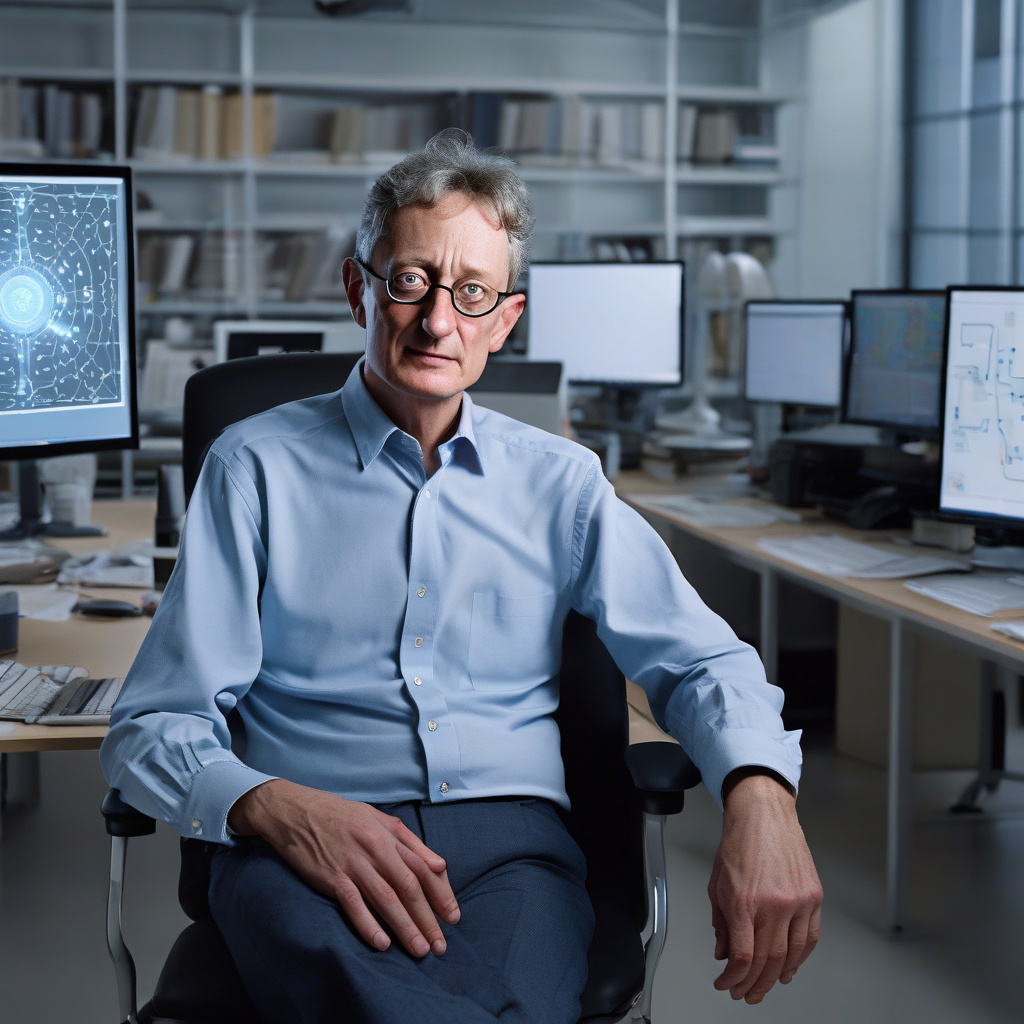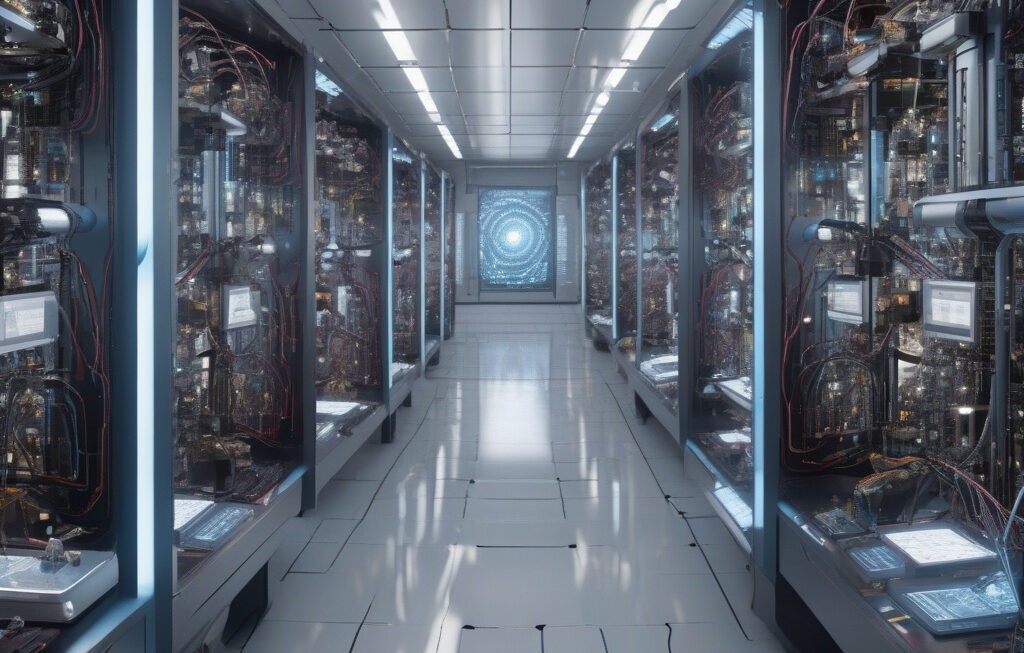AI Expert Geoffrey Hinton Issues Stark Warning on Potential Threat to Humanity
Renowned AI expert Geoffrey Hinton, a former scientist at Google, recently sent shockwaves through the tech world with his ominous prediction: artificial intelligence could pose a significant risk to humanity’s existence. Hinton’s stark warning highlights the importance of approaching AI development with caution and foresight, as the consequences of unchecked technological advancement could be dire.
In a bold statement, Hinton expressed his belief that AI carries a troubling 20 percent chance of wiping out humanity. This alarming statistic serves as a wake-up call for researchers, developers, and policymakers alike, urging them to consider the ethical implications and potential dangers associated with AI innovation. While the field of artificial intelligence holds immense promise for revolutionizing various industries and improving our daily lives, Hinton’s cautionary words remind us that the power of AI must be wielded responsibly.
The concept of AI-driven existential risk is not new, with prominent figures such as Elon Musk and Stephen Hawking issuing similar warnings in the past. However, Hinton’s expertise in machine learning and neural networks lends additional weight to his prediction, prompting serious reflection on the trajectory of AI development. As one of the pioneers in the field, Hinton’s insights carry significant credibility and should serve as a catalyst for ongoing discussions about the ethical boundaries of artificial intelligence.
While the notion of AI posing a threat to humanity may sound like a plot from a science fiction movie, the rapid advancements in machine learning and autonomous systems have made it a tangible concern. From autonomous weapons to algorithmic biases, the potential risks associated with AI technology are multifaceted and complex. As we continue to integrate AI into various aspects of society, it is crucial to prioritize safety, transparency, and accountability to mitigate the likelihood of catastrophic outcomes.
Hinton’s warning underscores the need for proactive regulation and oversight in the development and deployment of AI systems. By establishing clear guidelines and ethical frameworks, we can ensure that artificial intelligence is aligned with human values and interests. Additionally, fostering interdisciplinary collaboration between AI experts, ethicists, policymakers, and the broader public is essential for navigating the ethical challenges posed by advanced technology.
As we stand at the precipice of a new era defined by artificial intelligence, Hinton’s cautionary message serves as a crucial reminder of the responsibilities that come with technological innovation. By heeding his warning and taking proactive steps to address the ethical implications of AI, we can harness the potential of this groundbreaking technology while safeguarding the future of humanity.
In conclusion, Geoffrey Hinton’s sobering assessment of AI’s potential to threaten humanity serves as a poignant reminder of the ethical considerations that must underpin technological progress. As we strive to unlock the full capabilities of artificial intelligence, we must remain vigilant in our commitment to ensuring that AI serves the best interests of humanity. The stakes are high, but by approaching AI development with mindfulness and responsibility, we can shape a future where innovation coexists harmoniously with the well-being of society.
AI, Geoffrey Hinton, Artificial Intelligence, Ethics, Technological Innovation












